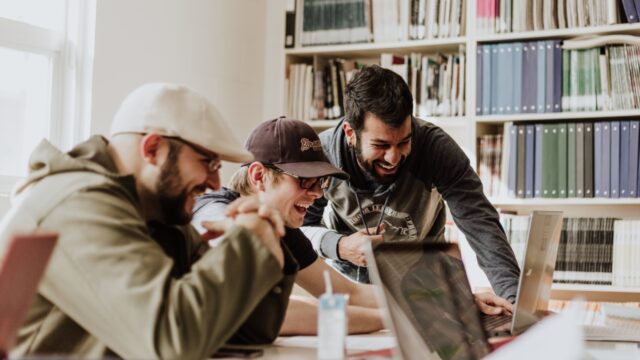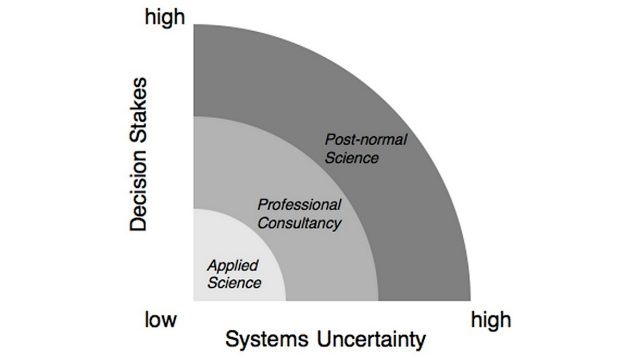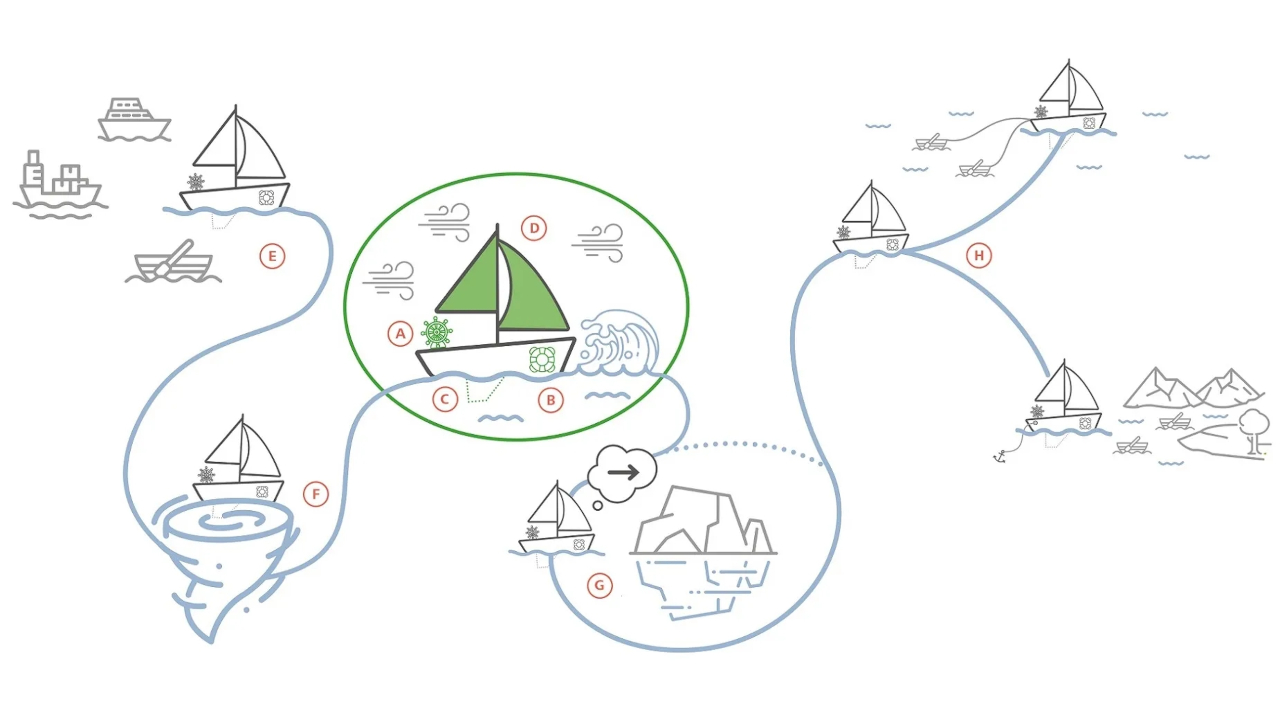
Wisely navigating knowledge co-production: Towards an ethics that builds capacities
By Guido Caniglia and Rebecca Freeth. Originally published on the Integration and Implementation Insights blog.
How can I ensure that marginalized voices are heard in this project? Whom do I call on to offer the next perspective in this workshop and why? How can I intervene in this particular disagreement in a productive way? These are typical questions that researchers and practitioners involved in knowledge co-production processes ask themselves. They express deep ethical concerns, which also have epistemological and political implications, as they address the question: What should I do in this situation? What is right and wrong for me to do here?
We suggest that a perspective based on the ancient virtue of practical wisdom may help researchers and practitioners alike working in knowledge co-production to navigate the complexities of these questions.
Practical wisdom: An ancient virtue for wise navigation
Our answers to the deep ethical questions that emerge in collaborative and participatory research will vary depending on the specifics of the situation we are in, who is involved, as well as our own positionality and role in research projects or academic institutions. There is no formula to follow.
Instead, we are required to learn from experience and from one another how to navigate the many complexities embedded in the flux of relationships, commitments and conversations in the daily operations of collaborative work. The ancient virtue of practical wisdom can help us to cultivate both the will and skill for such navigation.
In Aristotle’s terms, practical wisdom (phrónēsis) is the capacity for making decisions and taking action on issues that matter to people’s lives, that is practical issues. In his best known work, Nichomachean Ethics, Aristotle distinguishes this kind of wisdom from the capacity to produce things (téchnē) or to generate and work with abstract thoughts (epistème).
Practical wisdom is the central virtue, that is a learning-by-doing and cultivated capacity of citizens involved in public and social life. It is the virtue, Aristotle would say, of things that are relevant for managing human affairs towards good ends, that includes redefining what the good ends may be, dealing with other people and engaging with challenging questions, dilemmas, and situations.
Practical wisdom is the capacity to wisely navigate complex and contentious situations towards good ends. We illustrate practical wisdom through a visual metaphor in the figure below that depicts researchers as sailboats navigating difficult situations. Learning how to navigate wisely difficult situations requires both will and skill.
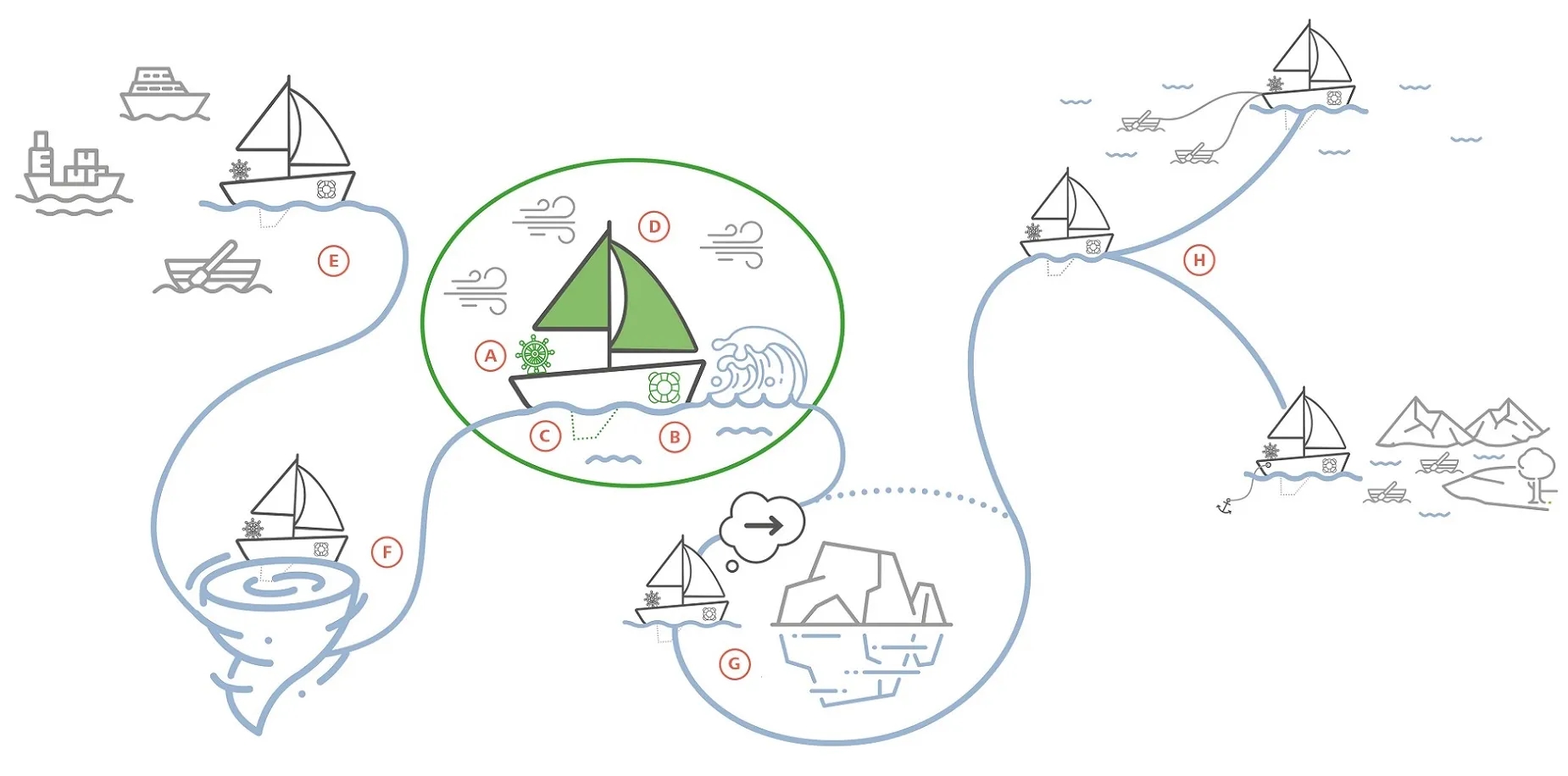
Will for establishing direction and sustaining determination
Practical wisdom supports developing the necessary will to get oriented when making decisions and taking action, while also adapting to ever-changing situations. Practical wisdom supports will also in the sense of sustaining determination and engagement through the many drawbacks one is likely to encounter along the way.
The circle in the middle of the figure represents a typical situation of difficulty (the big wave) and points out some important capacities that support the will to navigate such difficulties wisely: A) committing to justice (the steering wheel, which gives direction); B) cultivating care (a life buoy used for keeping people afloat); C) embracing humility (the keel that provides stability to the sailboat); and D) developing courage (the sails filled by wind pushing the boat in a particular direction). All together, these capacities may support researchers’ willful engagement and action.
Skill for deliberation and action
Practical wisdom also supports skill when making decisions in complex situations towards good ends. Thoughtful deliberation relies on the capacity to reason through the many complexities of decision-making and action, so-called practical reason, by giving arguments while also mobilizing intuitions and emotions.
Going beyond the decision-making process, practical wisdom is also a capacity to act skillfully. Skillful action refers to the capacity to put such considerations to work in specific contexts, whether individually or collectively.
The other situations in the journey illustrated in the figure show how practical wisdom includes skills such as: E) the agility to deal with many values, which may also be incommensurable (the many kinds of boats); F) the intelligence to work through power (going through a vortex); G) the discernment to apply general principles and concrete situations (circumventing sea stacks or icebergs to move in the desired direction); and H) the capacity to adaptively develop means and goals with strategy (different constellations of boats navigating waterscapes towards different destinations). These multiple skills are learned through experience when researchers navigate the obstacles and opportunities of co-produced research.
Wise navigation: from individual to collective
We may learn to recognize practical wisdom by looking at how (practically) wise people operate from a cultivated understanding of the world, when they endure the difficulties they encounter, or when they are able to learn reflexively from the consequences of their actions.
Practical wisdom may be seen at work when individual researchers or groups work through the complexities of collaboration. This is the case, for example, when researchers attempt to give space in a project to narratives and voices that had not been taken into consideration in its original design. And this despite the fact that attempting to create such space implies questioning their own assumptions of what is important in the project or reconsidering certain deliverables.
Moreover, practical wisdom can also be collective, such as when a research team engages constructively and courageously through dialogue and reflexive conversations to overcome tough moments. For example, a research team may realize that certain choices they have made reinforce power asymmetries or dynamics of marginalization. Rather than deciding to not see these problems, they decide to face the challenges that might emerge to make sure that marginalized voices are included and heard.
Towards an ethics of practical wisdom for knowledge co-production?
Practical wisdom gives an integrated and learning-oriented approach to the many capacities needed to address difficult situations that emerge in knowledge co-production. Yet, practical wisdom does not provide either easy recipes or certainty of success. It rather cautions against approaches that consider only one way to assess what is good or bad. It invites us to recognize the complexities of collaborative research and to develop the capacities, individual or collective, to deal with them.
Do these considerations matter in the work you do as a researcher or as a practitioner? How can the educational system foster the capacities required for practical wisdom? Do you know of examples of institutions that actually foster an ethics of practical wisdom? What can we learn from them?
To find out more:
Caniglia, G., Freeth, R., Luederitz, C., Leventon, J., West, S. P., John, B., Peukert, D., Lang, D. J., von Wehrden, H., Martín-López, B., Fazey, I., Russo, F., von Wirth, T., Schlüter, M. and Vogel, C. (2023). Practical wisdom and virtue ethics for knowledge co-production in sustainability science. Nature Sustainability. (Online) (DOI): https://doi.org/10.1038/s41893-022-01040-1. The reflections in this i2Insights contribution are the results of exchanges and conversations among the co-authors of this article.
Biographies:
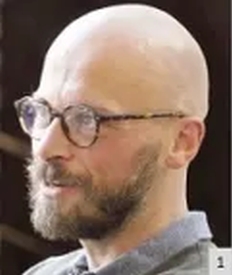 |
Guido Caniglia PhD is a philosopher and historian of science working in sustainability science. His research interests revolve around the intersecting epistemological, ethical, and political dimensions of knowledge co-production in this field, including in the development of new educational formats. He is the Scientific Director of the Konrad Lorenz Institute for Evolution and Cognition Research in Klosterneuburg, Austria. |
 |
Rebecca Freeth PhD is a senior consultant with Reos Partners and an affiliate scholar with the Research Institute for Sustainability (RIFS) in Potsdam, Germany (formerly the Institute for Advanced Sustainability Studies (IASS)). She is based in South Africa. As a practitioner, teacher and researcher, she has an abiding interest in how to strengthen collaboration, especially in situations where competition, conflict or controversy are the more familiar ways of engaging. |
Article source: Wisely navigating knowledge co-production: Towards an ethics that builds capacities. Republished by permission.
Header image source: Authors, based on Caniglia et al., 2023.


